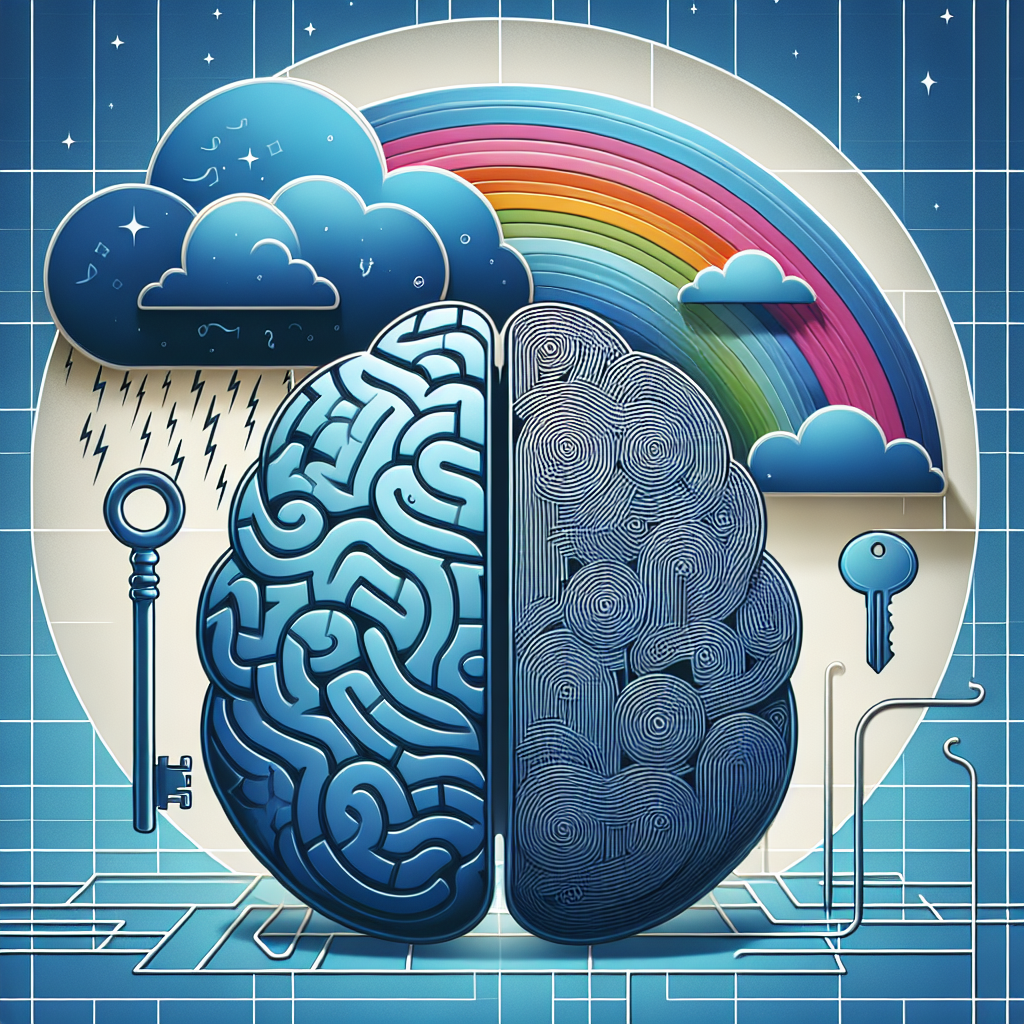Breaking the Cycle: How Poverty and Mental Illness Interact
A new study reveals a two-way relationship between poverty and mental illness. Researchers found that poverty can lead to conditions like major depressive disorder and schizophrenia, while mental illnesses such as ADHD and schizophrenia contribute to financial instability. The study suggests policymakers should address social factors to improve mental health.

- Country:
- India
A recent study has uncovered a bidirectional relationship between poverty and mental illness, suggesting that each can lead to the other. The research, published in the journal Nature Human Behaviour, highlights that poverty can cause conditions like major depressive disorder and schizophrenia, while mental illnesses such as ADHD and schizophrenia contribute to economic hardship.
Researchers analysed data from the UK Biobank and the international Psychiatric Genomic Consortium using genetic information to understand the impact of poverty on mental health and vice-versa. The Mendelian randomisation method was employed to determine causality.
This groundbreaking study suggests that by targeting poverty, we could potentially mitigate mental health issues. Policymakers are urged to consider social factors like poverty when addressing mental illness to develop more effective interventions aimed at breaking this cyclic relationship.
(With inputs from agencies.)
ALSO READ
Unveiling the Oral Health-Pain Connection: New Insights from Women's Health Study
New Study: Toxicity of PM2.5 in Kolkata Shows Sudden Surge Beyond 70 µg/m³
23andMe's Genetic Data Under Scrutiny Amid Bankruptcy
U.S. Health Secretary Promises In-Depth Autism Study Amid Rising Diagnosis Rates
Life Signs Detected Beyond Earth: A Study of Science and Politics










